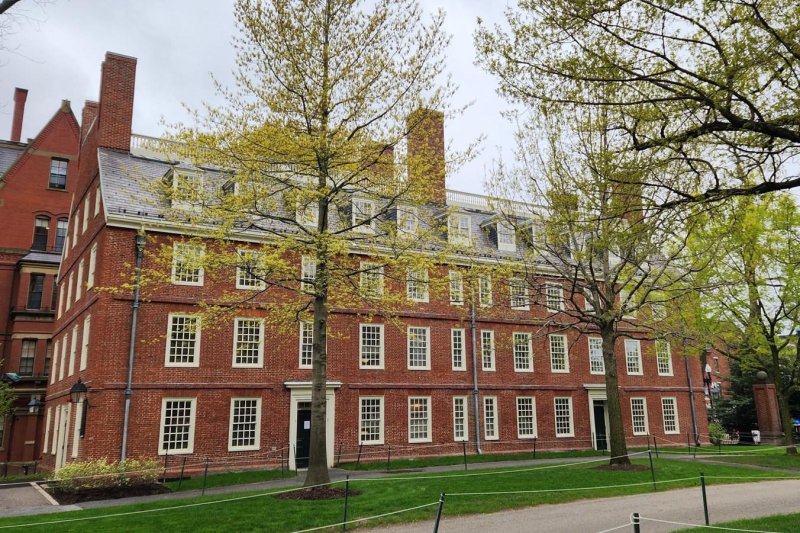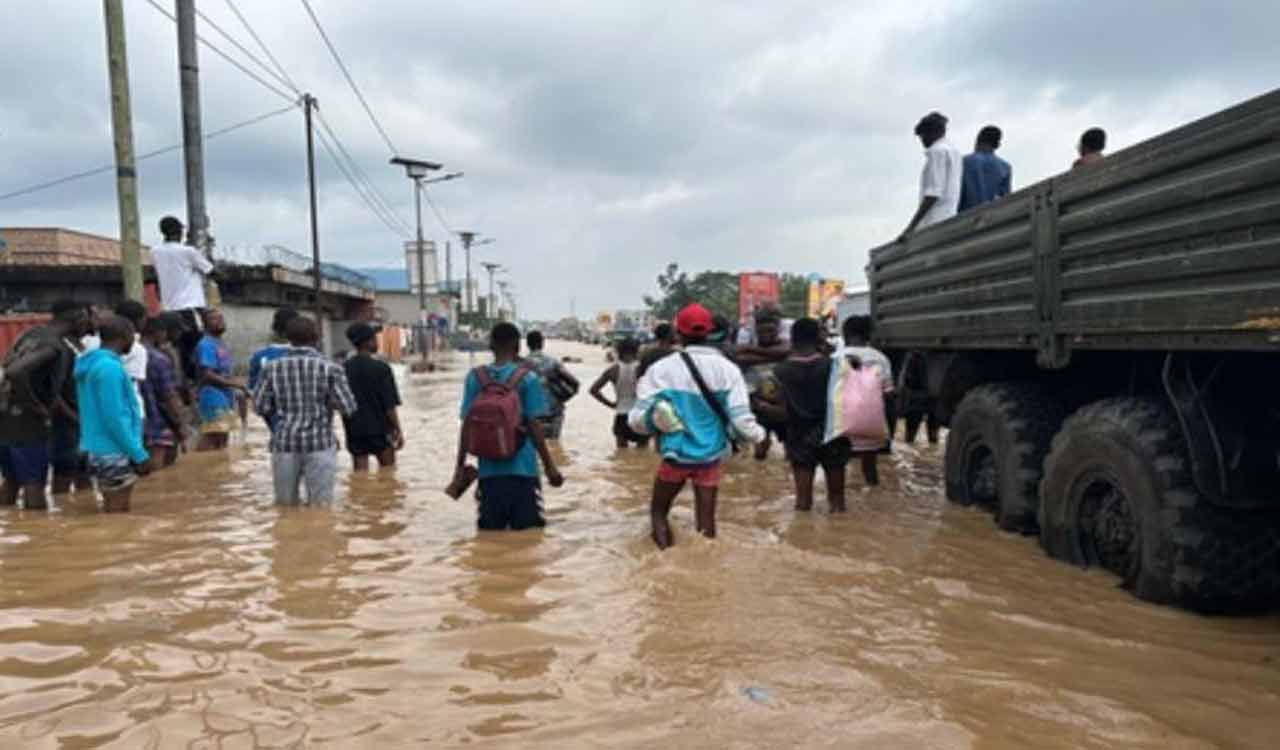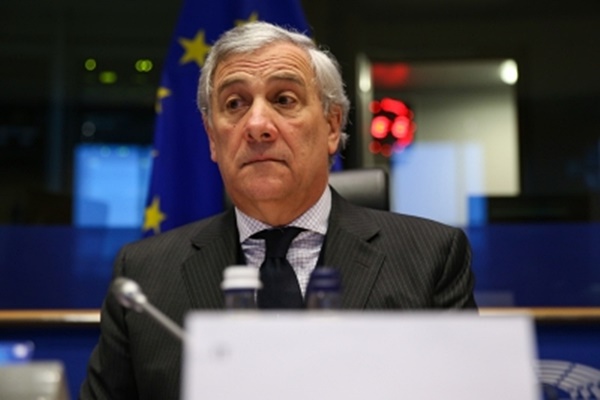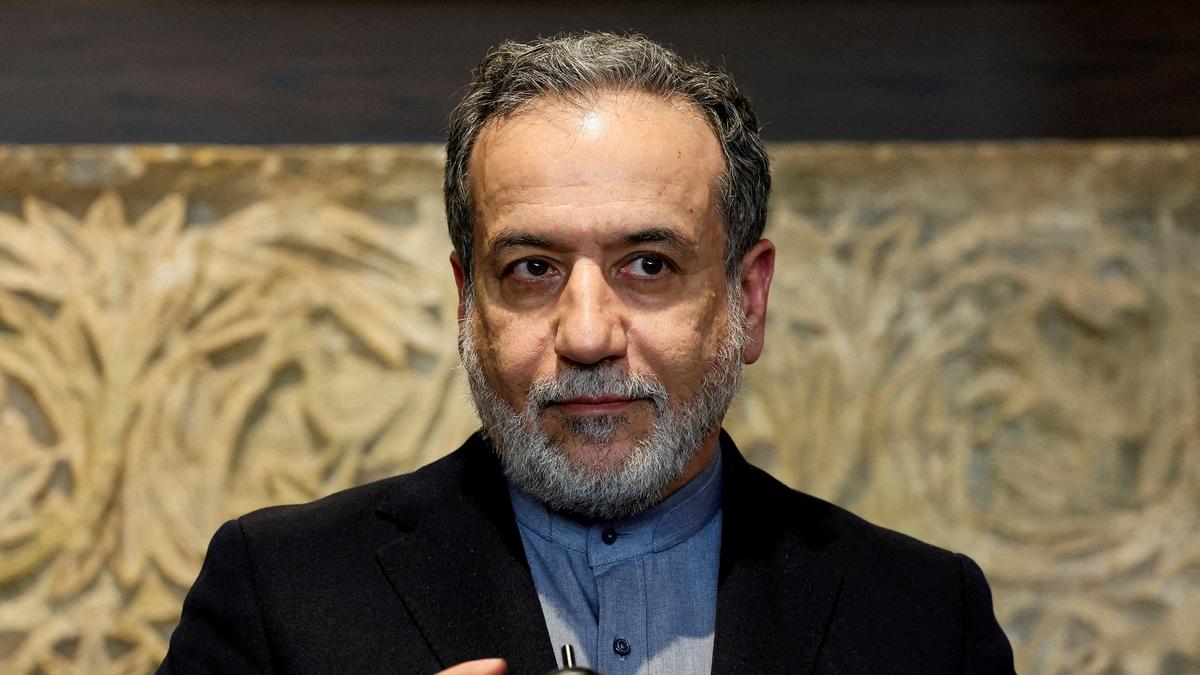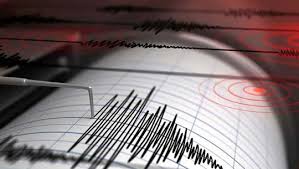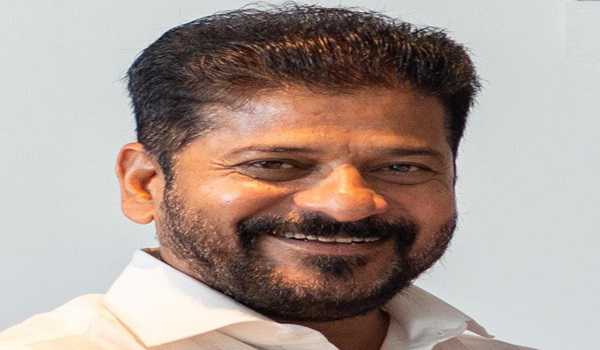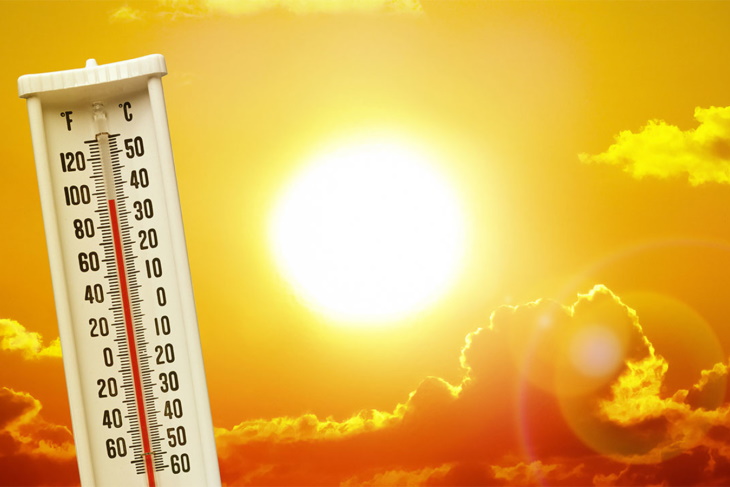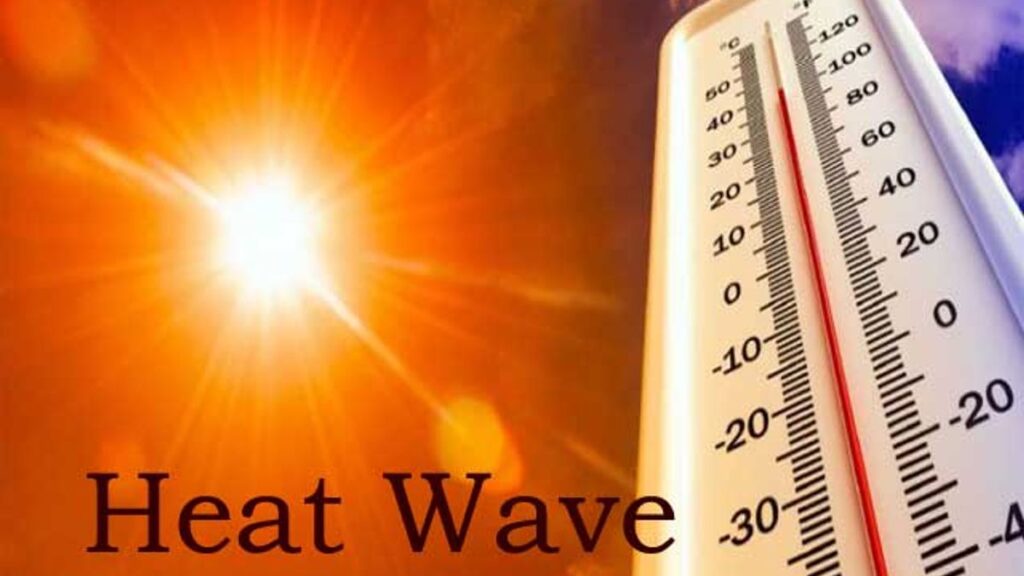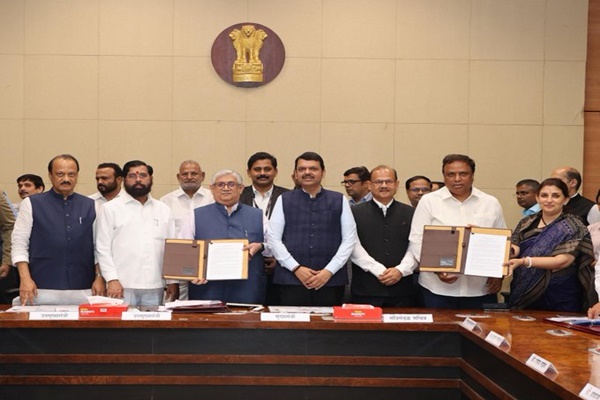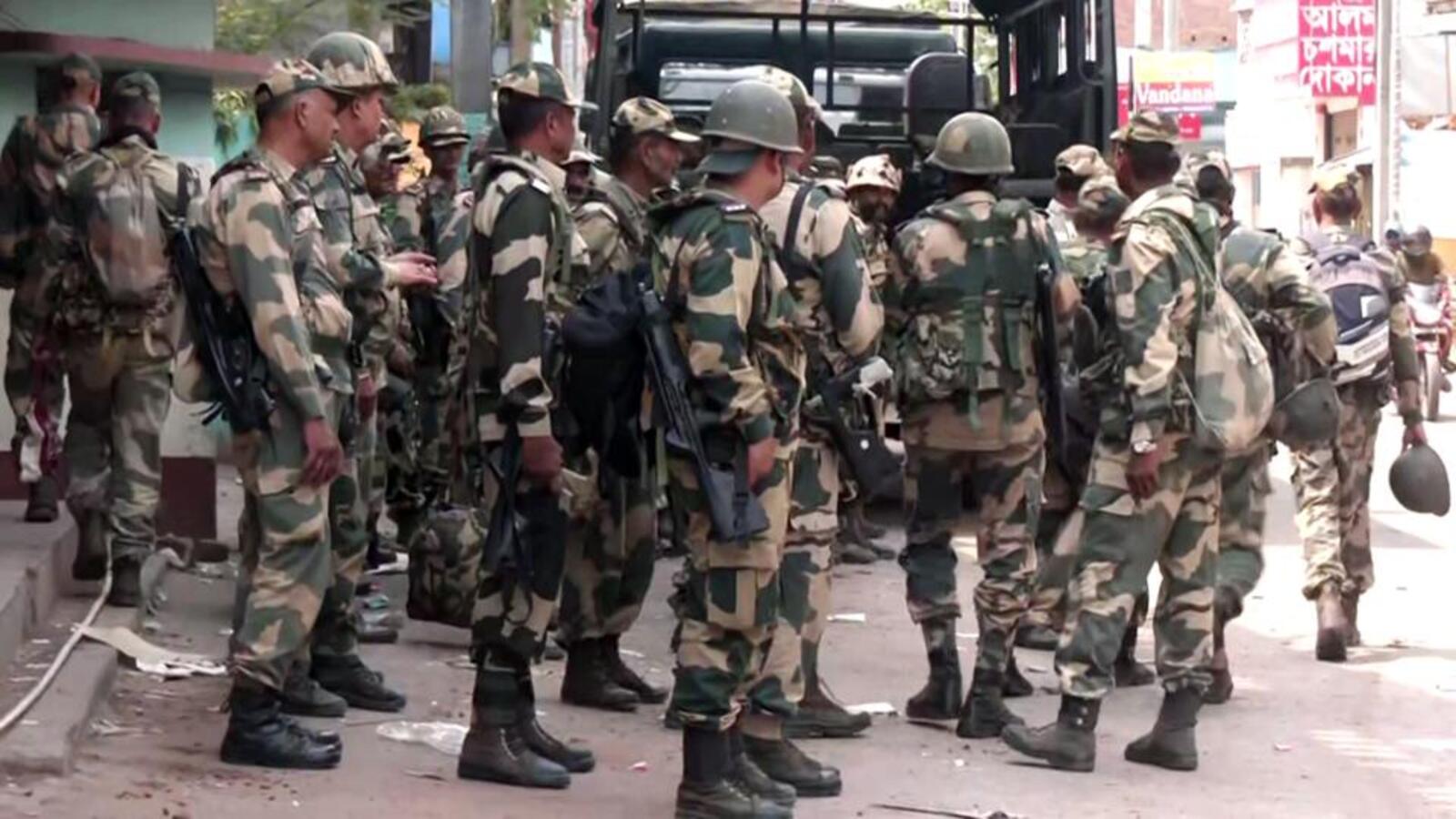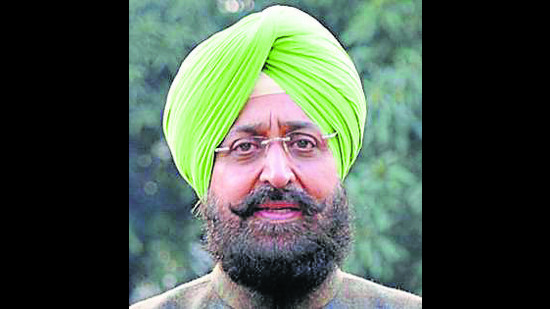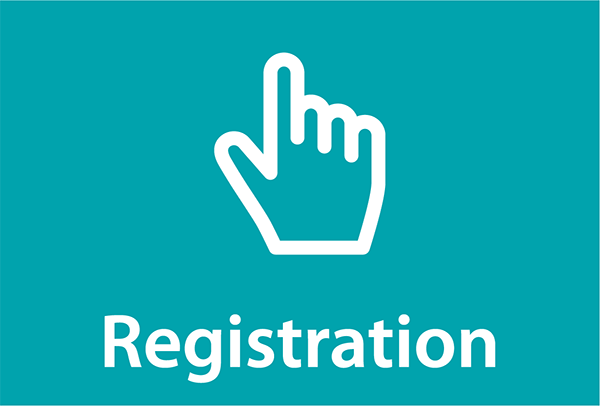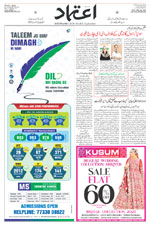King Abdullah in Baghdad for first visits in over a decade
Tue 15 Jan 2019, 12:51:14
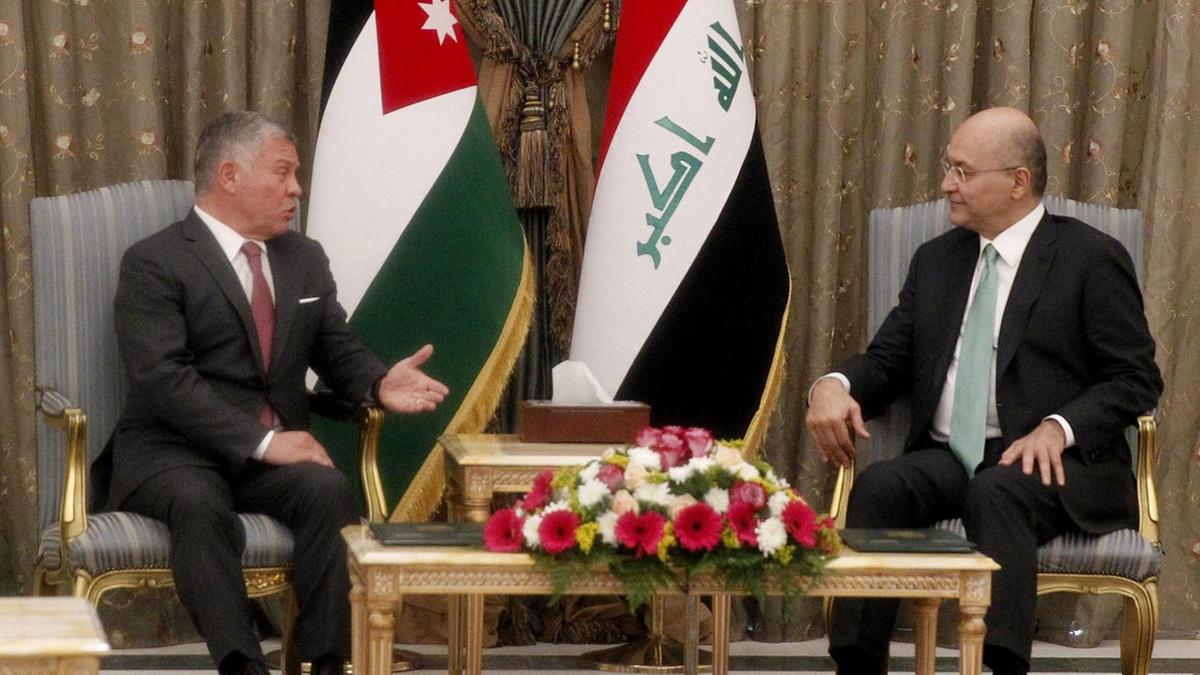
Making his first visit to Baghdad in over a decade, Jordan’s King Abdullah II met with Iraqi President Braham Saleh on Monday.
The king is just the latest in a spate of high profile officials to visits in recent weeks after a surprise Christmas trip to Iraq by US President Donald Trump and then an unannounced appearance by Secretary of State Mike Pompeo last week.
In 2008, King Abdullah became the first Arab leader to visit Iraq after the US-led coalition removed former dictator Sadam Hussain from power five years earlier. Mr Saleh, on the other hand, travelled to Jordan in November.
French Foreign Minister Jean-Yves Le Drian also arrived on Monday and met with Iraqi premier Adel Abdel-Mahdi.
Iran's oil minister Bijan Zangeneh visited late last week, followed closely by the Islamic Republic’s top diplomat, Mohammed Javad Zarif, who landed Sunday.
Fanar Haddad, an Iraq expert at the National University of Singapore's Middle East Institute, told AFP that the flurry of visits showcased Iraq's "major advantage".
"From Iran to the United States, Saudi Arabia to Turkey, Syria to Qatar, Iraq can speak to everyone in a region that is otherwise deeply fractured by several strategic fissures," Mr Haddad said.
But it also leaves Baghdad vulnerable to regional power struggles.
"One of the most potent threats to Iraqi stability today is the danger of US-Iranian tensions escalating and playing out in, and at the expense of, Iraq," said Mr Haddad.
That could thwart Iraq's plans to rebuild after three gruelling years recapturing urban strongholds from ISIS.
On Monday, two shepherds were found dead after being kidnapped by ISIS near Hussein’s former home town of Tikrit, around 175 kilometres north of Baghdad. Iraq is holding hundreds of trials for suspected ISIS members, with many sentenced to death after mere minutes. The trials have been criticised by rights groups and experts for failing to follow due process but also as a form of collective punishment against Sunni
Muslims.
Muslims.
Although there were few details of King Abdullah’s visit, the two neighbours have been cooperating on border security to see the reopening of the Karameh crossing and earlier this month signed an agreement to develop a major bilateral industrial zone that could provide some 50,000 jobs and boast bilateral trade, local media reported.
In 2013, they agreed on a 1,700-kilometre pipeline linking Iraq's oil-rich Basra province to Jordan's Aqaba port, but the ISIS sweep across nearly a third of Iraq put a screeching halt to the plan.
Last year, Jordan approved a framework to revive it, but did not give a timeframe for the line's construction. King Abdullah and Mr Abdel-Mahdi discussed the project during their meeting in November.
The two states have also discussed plans for Iraq to import around 300 megawatts of electricity from Jordan to cope with widespread power shortages.
Currently, Baghdad relies heavily on its eastern neighbour Iran, importing around 1,300 megawatts of electricity and 28 million cubic metres of natural gas to feed power plants.
Washington, which sees Tehran as its top foe in the region, is keen to break those ties.
It reimposed tough sanctions on Iran in November but has granted Iraq a temporary waiver on energy imports, while urging it to partner with US firms instead.
Last summer as temperatures topped 50 degrees centigrade, mass protests broke out across Basra province as people expressed anger at a lack of basic services, reliable power and running water. Despite being the heart of Iraq’s oil industry, which contributes the lion’s share of the state’s annual income, the province has been neglected for years and crumbling infrastructure has been overloaded.
"Everyone is looking to Iraq as a virgin land requiring more investment by regional and international powers," said Iraqi political analyst Issam Al Faily.
"Jordan has a real desire to stretch an oil pipeline from Basra to the Aqaba port because it would fulfil its fuel needs.
No Comments For This Post, Be first to write a Comment.
Most viewed from International
Most viewed from World
AIMIM News
Latest Urdu News
Most Viewed
May 26, 2020
Do you think Canada-India relations will improve under New PM Mark Carney?
Latest Videos View All
Like Us
Home
About Us
Advertise With Us
All Polls
Epaper Archives
Privacy Policy
Contact Us
Download Etemaad App
© 2025 Etemaad Daily News, All Rights Reserved.

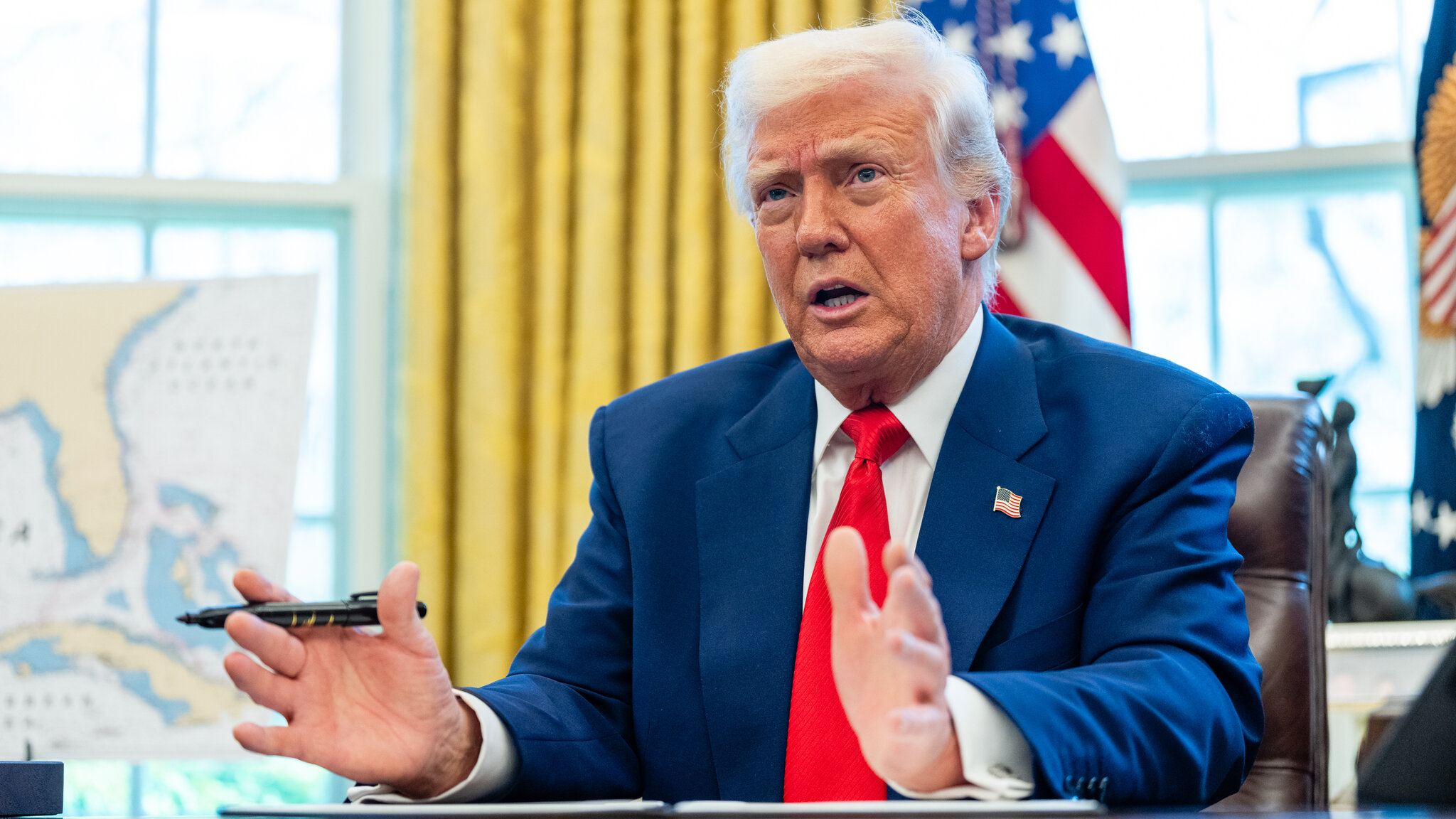
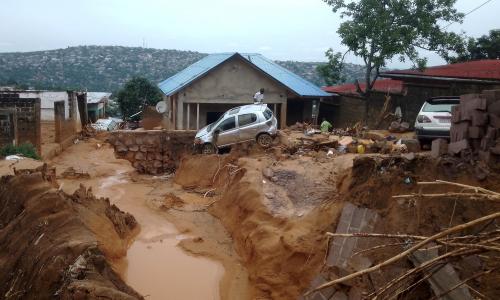
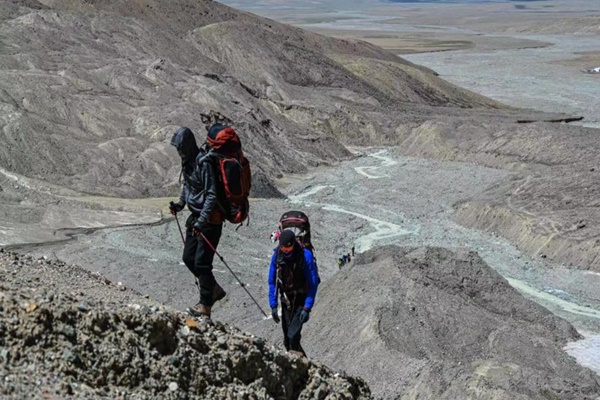

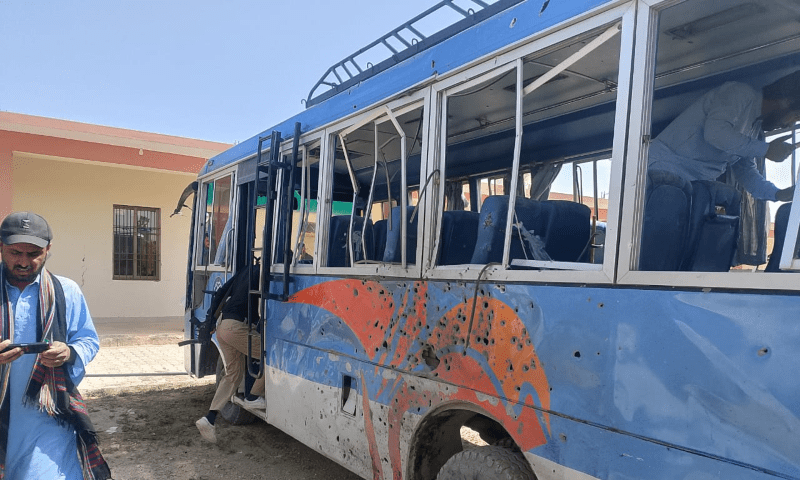
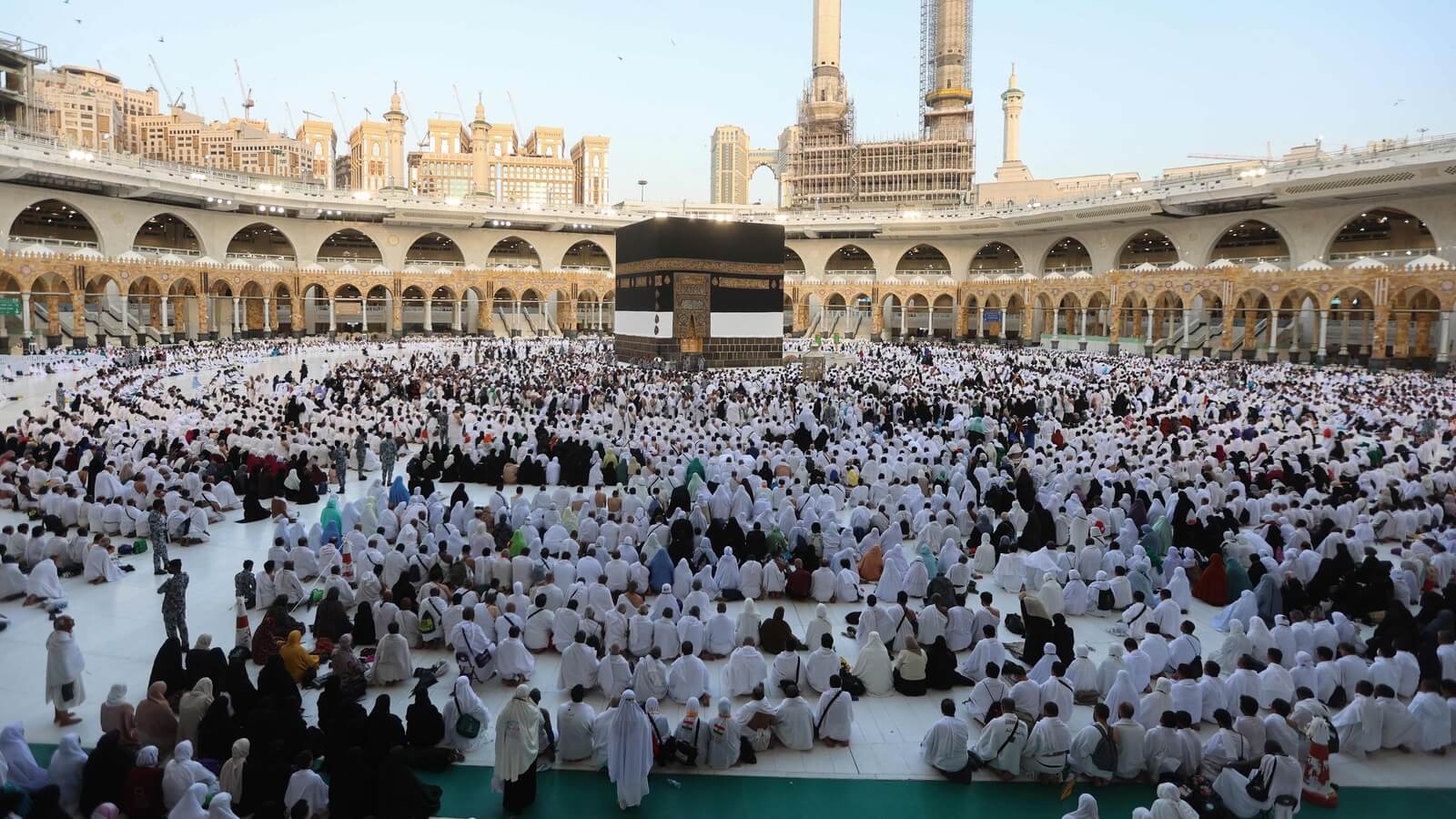
.jpg)
